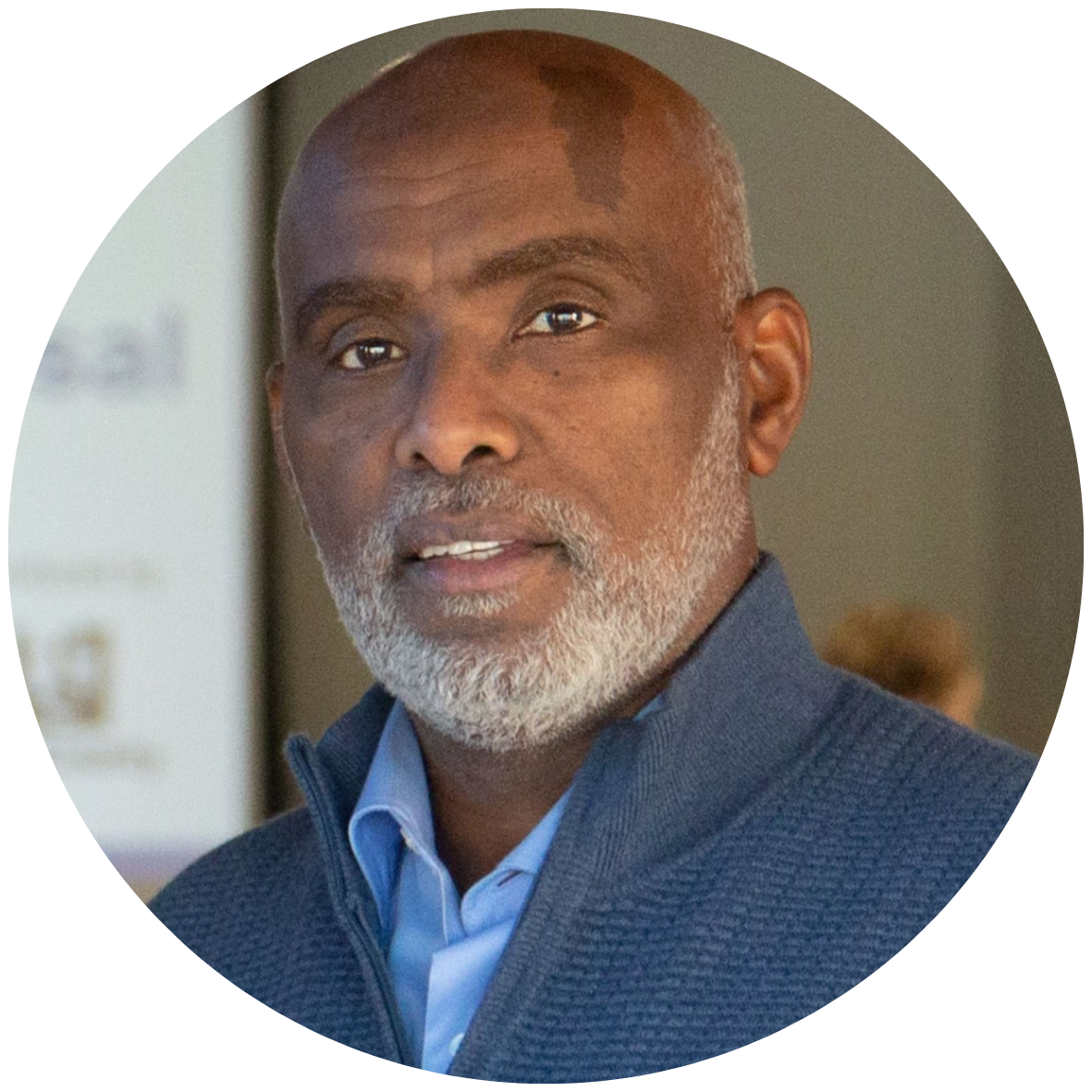
A staggering 800 million children worldwide—nearly 1 in 3—are affected by lead poisoning. Refugee children, including Afghan children resettled in the United States, are disproportionately affected by lead exposures before they move to the U.S. This disproportionate impact continues even after resettlement because families may use imported products containing lead, such as cookware, cosmetics, and spices.
Seattle and King County Public Health (SKCPH) has been partnering with the Afghan Health Initiative (AHI) to prevent childhood lead poisoning in King County, Washington. Their efforts include home visits and a pressure cooker exchange program. AHI’s community health advocates, trained to navigate linguistic and cultural issues, play a crucial role supporting home health visits.
The National Resource Center for Refugees, Immigrants, and Migrants (NRC-RIM) simultaneously created a collection of pre-translated and customizable communications materials for organizations and individuals working to prevent and address lead exposure and poisoning among Afghan newcomers. They are based on guidance from the CDC and state health departments, and they include Afghan cultural references for a tailored approach.
Join this webinar to learn more about how your organization can replicate SKCPH and AHI’s home visit program and support it with tailored health communications from NRC-RIM.
By the end of this webinar, participants will be able to:
- Identify the main sources of lead exposure for Afghan newcomers to the United States
- Name three key strategies for designing culturally appropriate public health interventions for lead poisoning in Afghan newcomer communities
- Support Lead Poisoning prevention and treatment initiatives with culturally and linguistically relevant health communications from NRC-RIM
Syreeta Wilkins, NRC-RIM
Syreeta is the communications strategist for the National Resource Center for Refugees, Immigrants and Migrants (NRC-RIM), where she leads the communications efforts for the center as well as guides the creation and dissemination of health communications materials.
She has more than a decade of experience in strategic communications, specializing in internal communications, digital media, and diverse and multilingual communities. Before joining the team at NRC-RIM, she led communications for K-12 public schools.
Syreeta holds a master's degree in linguistics from New York University, where she explored socioeconomic influences on Spanish-speaking immigrants' speech patterns. She holds a bachelor's degree from Macalester College.
Mohamed Ali MS, MPH, Public Health Seattle & King County
Mohamed Ali is Residential Services Program manager. He is a dedicated public health professional with a strong focus on understanding the root causes influencing the health of minority communities. With a visionary mindset, he tirelessly navigates complex issues to discover innovative solutions. Mohamed is a passionate advocate for health equity and social justice, and he co-founded both the Somali Health Board and the non-profit organization Hope Academy in Washington.
Navid Hamidi, Afghan Health Initiative
Navid Hamidi is the Executive Director of the Afghan Health Initiative, leading efforts to empower BIPOC and Afghan immigrant and refugee communities towards a healthier future. Holding degrees in Political Science and Public Health from the University of Washington, and a background in working with the armed forces in Afghanistan for over 10 years, before immigrating to the United States, Navid brings a unique perspective to his role. His personal lived experience navigating disparities and barriers to resettlement, combined with his understanding of public health, allows him to lead the organization with empathy and a deep commitment to the community he serves. Through his comprehensive approach, Navid ensures that the Afghan Health Initiative's efforts are responsive to the specific needs and concerns of Afghan immigrants and refugees, fostering a more inclusive and equitable healthcare landscape for those in need.
Matt Wilson, Public Health- Seattle King County
Matt has served as a Health Environmental Investigator for Public Health- Seattle & King County since 2015, with a focus on childhood lead prevention for the past four years. His past work includes on-site septic inspection and design review and safety oversight of projects at Bremerton Naval shipyard. He is a proud University of Washington alum, graduating with a BS degree in Environmental Health in 2011. Matt is equally enthusiastic being outdoors camping and hiking as he is at home gaming or watching movies with his wife, Stephanie, and their dog, Chewie.



